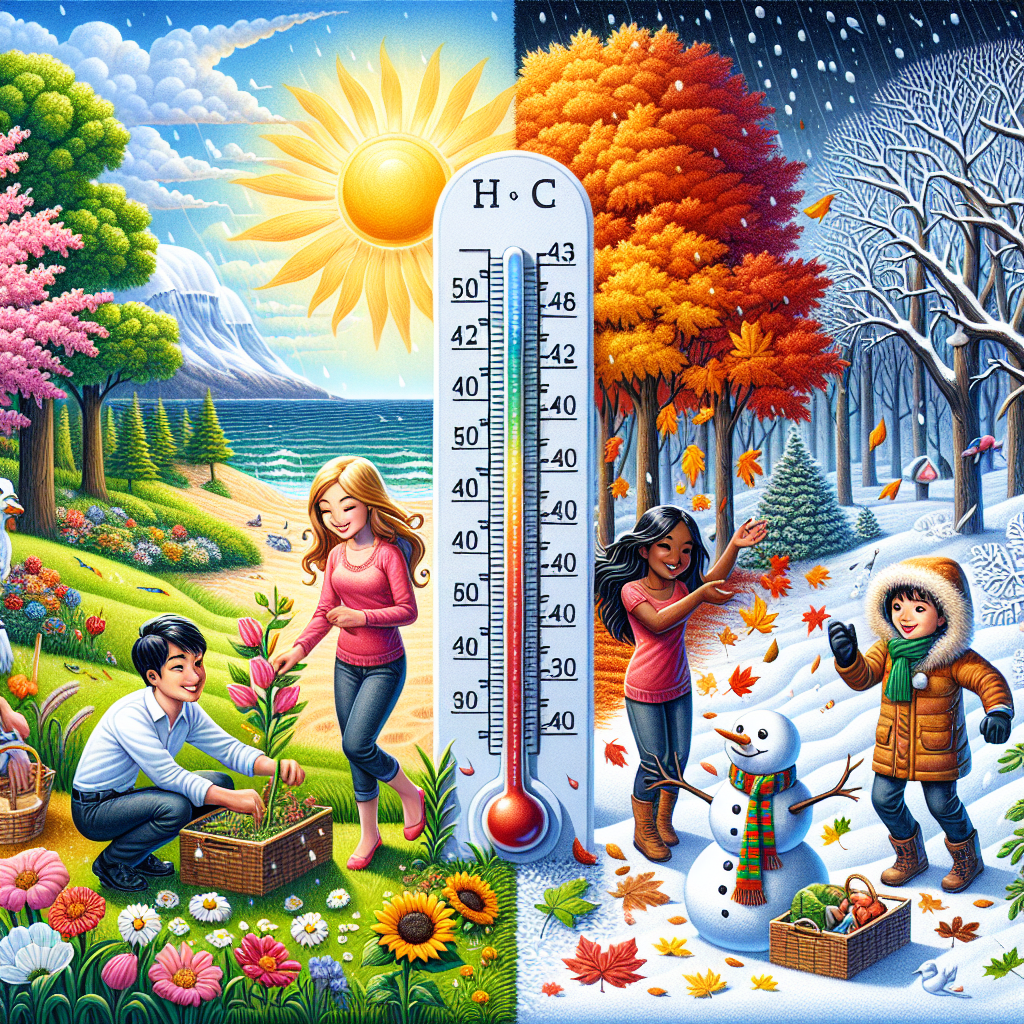Rising Temperatures Threaten India's Wheat and Rapeseed Crops
India is facing higher-than-average temperatures in February, posing risks to crucial winter-sown crops like wheat, rapeseed, and chickpeas. The lack of cold weather and below-average rainfall may lead to early crop maturity and reduced yields. This could increase India's dependency on cooking oil imports.

India is bracing for a warmer-than-usual February, raising concerns over winter-sown crops crucial for the nation's agricultural output, the India Meteorological Department announced on Friday.
Director-General Mrutyunjay Mohapatra emphasized the potential adverse effects on crops such as wheat, rapeseed, and chickpeas due to the expected above-average temperatures and reduced precipitation. Cold weather is vital for the maturation of these crops, and deviations could impact yields.
The situation is particularly concerning for northern states like Punjab, Haryana, and Uttar Pradesh, which are key wheat-producing regions. Rising temperatures could lead to a surge in wheat and vegetable oil prices, increasing import dependency as domestic production falters.
(With inputs from agencies.)
- READ MORE ON:
- India
- weather
- temperature
- crops
- wheat
- rapeseed
- chickpeas
- import
- vegetable oil
- Punjab









